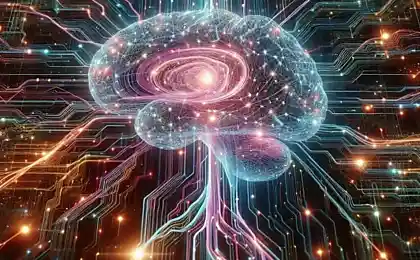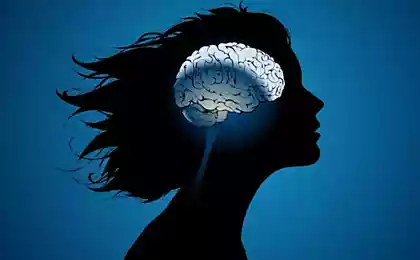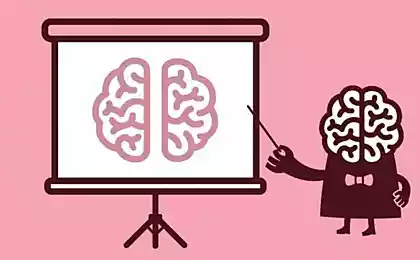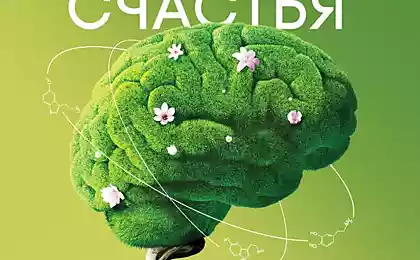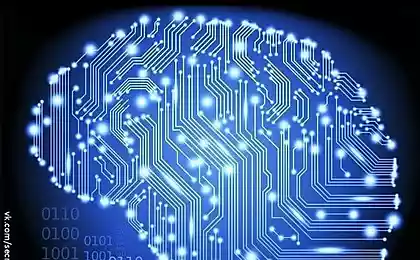180
How to Stop Forgetting the Most Important Things
No matter how many people complain about their own forgetfulness, their ability to long-term memory is no worse than that of others. It all depends on how well he understands the peculiarities of memory and whether this knowledge is fully used.
And today's edition. "Site" will tell How to better remember information. It is enough to understand the features of memory and develop the ability to use it with a couple of exercises.
479378
When people did not know how to record valuable information for themselves (and it was not so long ago), they had to rely only on their own memory in all matters. Features of the biography, family history, information about birthdays, successful recipes, life hacks for the house, and just interesting stories had to be kept exclusively in my head.
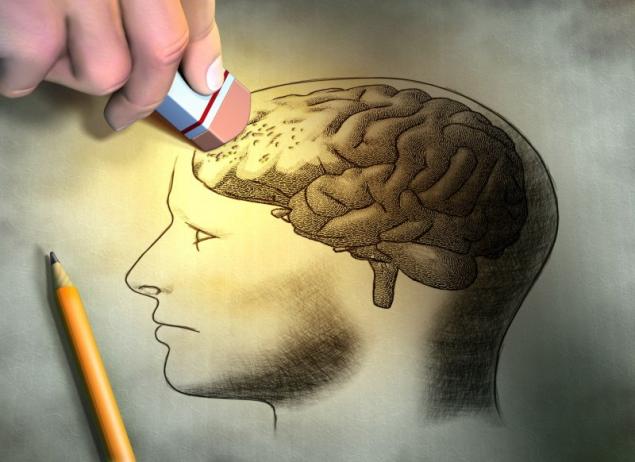
Therefore, memory used to be treated more carefully and consciously, because it was not possible to assign part of the tasks to the diary, and especially to the smartphone.
Try to test your memory. To do this, read the following words: space, electricity, time, imagination, physics, origin. Now try not only to remember all the words read, but also to establish in what order they were located.

Also read the numbers and try to write them separately in the prescribed order: 5, 2, 3, 7, 8, 9, 4, 8, 4, 7, 6, 1. It is possible to remember from 5 to 7 digits, hardly more.
Without making any effort to remember, when reading, we send information to short-term memory, where it is stored for about 15-20 seconds, and the number of objects that can be simultaneously held here is limited. This is normal, because forgetting unimportant information is necessary to protect our memory from being overloaded with various junk.
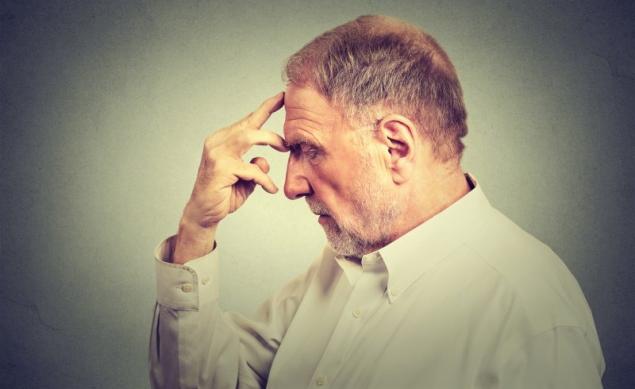
If you approach the memory of information more consciously, finding the connection between the memorized objects, then even in short-term memory it will be possible to save more data. It is one thing to remember, for example, the following numbers: 1, 5, 4, 2, 7, 3, 6, 7, 8, 0, 9, 1. And it's much easier when you think of it as 15, 42, 73, 67, 80, 91.
However, this fragmentation technique will only be effective after many training sessions. Therefore, it is better to translate all important information into long-term memory, which stores data without time constraints, although over time even such memories weaken.

For memory You need to use it more often. Try to remember information every time instead of writing it down. The more you practice purposeful memorization, the better it will be.
Before going to the store, many people prefer to make a shopping list. But it is much more useful for memory if a person tries to remember everything. The list can only be kept to check with it. It is much safer to remember information such as passwords from accounts or PIN codes for bank cards.
The brain remembers what's important. If some information causes strong emotional experiences, it is remembered for a long time. Fortunately, we are talking not only about sad events, but also about joyful and positive moments. Humor can be used as a tool to remember.

Even if you’re trying to remember a list of foods to buy at the supermarket, find fun connections between each item. Suppose you need to remember bread, soap, bacon, apples, cabbage. Remembering each object separately is not very reliable – you can forget.
But linking in just one chain, even in the strangest way, will help you buy everything you need. For example, imagine putting soap thickly on a slice of bread, and putting a piece of bacon on top, which slides and falls right into apples wrapped in cabbage sheets.
Creating such associations seems pointless, but it helps to remember the list. After all, the more angles you look at the information you need to remember, the stronger it will sit in your head. Only in this way you can activate the memory to the full, abandoning useless memorization.

We should not forget that the state of memory also depends on our health. Engaging in sports and eating normally, a person not only feels better and looks good, but also thinks well, and therefore is able to memorize.
And today's edition. "Site" will tell How to better remember information. It is enough to understand the features of memory and develop the ability to use it with a couple of exercises.
479378
When people did not know how to record valuable information for themselves (and it was not so long ago), they had to rely only on their own memory in all matters. Features of the biography, family history, information about birthdays, successful recipes, life hacks for the house, and just interesting stories had to be kept exclusively in my head.

Therefore, memory used to be treated more carefully and consciously, because it was not possible to assign part of the tasks to the diary, and especially to the smartphone.
Try to test your memory. To do this, read the following words: space, electricity, time, imagination, physics, origin. Now try not only to remember all the words read, but also to establish in what order they were located.

Also read the numbers and try to write them separately in the prescribed order: 5, 2, 3, 7, 8, 9, 4, 8, 4, 7, 6, 1. It is possible to remember from 5 to 7 digits, hardly more.
Without making any effort to remember, when reading, we send information to short-term memory, where it is stored for about 15-20 seconds, and the number of objects that can be simultaneously held here is limited. This is normal, because forgetting unimportant information is necessary to protect our memory from being overloaded with various junk.

If you approach the memory of information more consciously, finding the connection between the memorized objects, then even in short-term memory it will be possible to save more data. It is one thing to remember, for example, the following numbers: 1, 5, 4, 2, 7, 3, 6, 7, 8, 0, 9, 1. And it's much easier when you think of it as 15, 42, 73, 67, 80, 91.
However, this fragmentation technique will only be effective after many training sessions. Therefore, it is better to translate all important information into long-term memory, which stores data without time constraints, although over time even such memories weaken.

For memory You need to use it more often. Try to remember information every time instead of writing it down. The more you practice purposeful memorization, the better it will be.
Before going to the store, many people prefer to make a shopping list. But it is much more useful for memory if a person tries to remember everything. The list can only be kept to check with it. It is much safer to remember information such as passwords from accounts or PIN codes for bank cards.
The brain remembers what's important. If some information causes strong emotional experiences, it is remembered for a long time. Fortunately, we are talking not only about sad events, but also about joyful and positive moments. Humor can be used as a tool to remember.

Even if you’re trying to remember a list of foods to buy at the supermarket, find fun connections between each item. Suppose you need to remember bread, soap, bacon, apples, cabbage. Remembering each object separately is not very reliable – you can forget.
But linking in just one chain, even in the strangest way, will help you buy everything you need. For example, imagine putting soap thickly on a slice of bread, and putting a piece of bacon on top, which slides and falls right into apples wrapped in cabbage sheets.
Creating such associations seems pointless, but it helps to remember the list. After all, the more angles you look at the information you need to remember, the stronger it will sit in your head. Only in this way you can activate the memory to the full, abandoning useless memorization.

We should not forget that the state of memory also depends on our health. Engaging in sports and eating normally, a person not only feels better and looks good, but also thinks well, and therefore is able to memorize.










